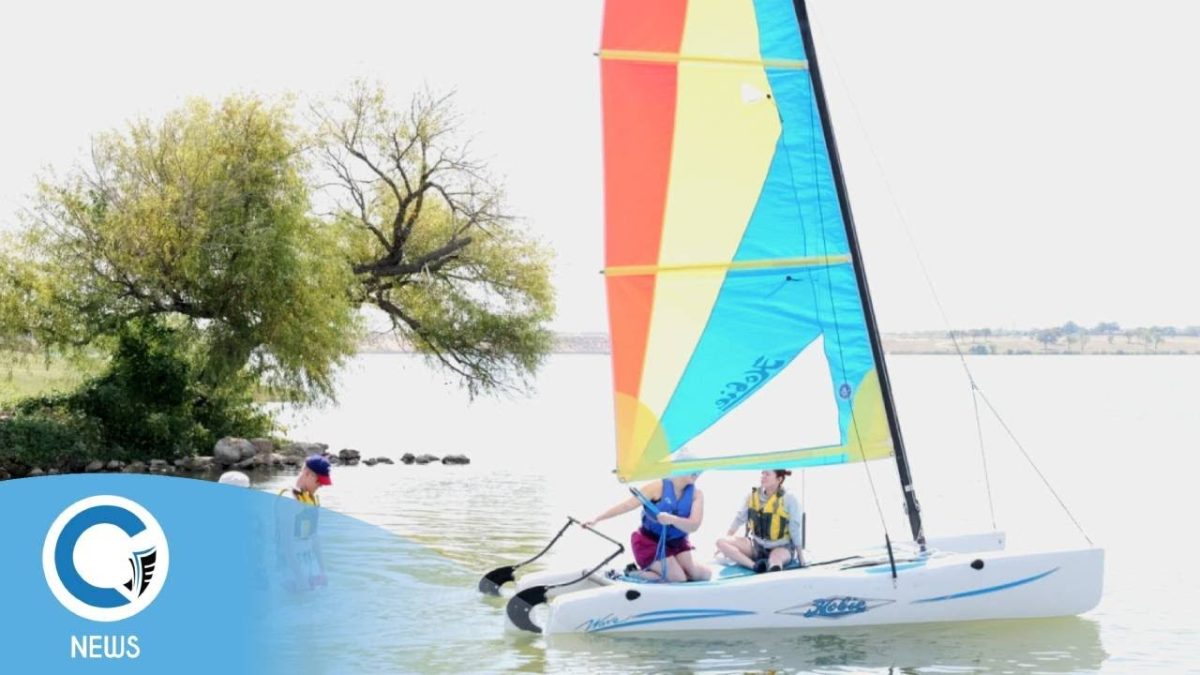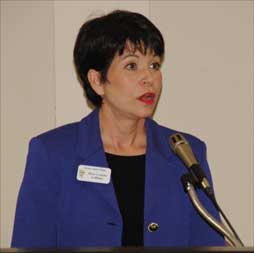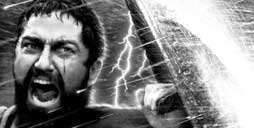By André Green/se news editor
Woody Evans, SE Campus librarian, has been has been researching ways to save students money and increase academic collaboration.
“ There are several sources that can be good for students,” he said, “with the first one being the library.”
Evans said all four campuses keep older editions of textbooks. Some are still usable, but students need to be aware of the changes made from edition to edition.
“ That can be a problem if a student has to have the ’07 edition and do homework on Page 13,” he said. “The older edition may have homework on Page 9 or Page 20. The editions will have different page numbers and different formats.”
Evans said most of the time the texts the libraries have contain the same information as required for classes. He suggests students check with their instructors to see if the library’s text is relevant to their course.
Students can access the library database to find available books and materials. The library Web site, library.tccd.edu, allows students to search for books from the catalog.
Within that catalog, Evans said, another link, NetLibrary, holds an even larger database for students to search for books.
“ NetLibrary is awesome,” he said. “I don’t know exactly how many books it contains, but I believe it contains tens of thousands, and they are all e-books.”
On the site, students can search through the book similar to how searches are conducted through a Web page or database.
A keyword search allows individuals to find exact terms and information without the cumbersome search one would do while looking through an entire textbook.
Evans said other sites such as Project Gutenberg, Freeload Press and LibriVox contain catalogs of material for students to use if applicable to their courses. Evans said good communication between students and
instructors is the key to accessing and using the online works.
Janet Key, SE Campus director of library services, said if a number of students request the same book, the library sometimes can delve into its book budget to purchase texts and keep them on reserve for use. But, she said, the library will purchase only one copy per edition in order to not exhaust funds.
“ We use the library money for students,” she said. “What we don’t want to do is spend all of the book budget money on textbooks.”
Evans said while students cannot remove the books from the library, there are few restrictions on gaining the material available, depending on copyright issues.
“ Students can photocopy the material and even use their cell phone to take pictures,” he said.
Evans said he does not want what he is trying to do for students to be misconstrued as battling the bookstore’s prices. He said he is only trying to help students.
“ We don’t want to put our mission at odds with the bookstore,” he said.
Although Evans offers many alternatives for students to research, he cautions against blindly trusting sites that claim to hold reference material, such as the popular Wikipedia, whose information can be altered by anyone.
“ Evaluate the sources carefully,” he said. “And if you need help, come to us.”



























